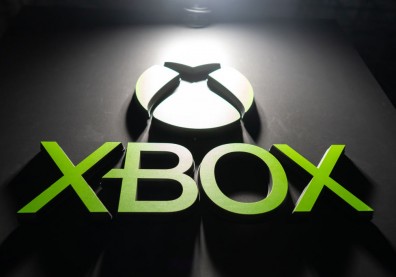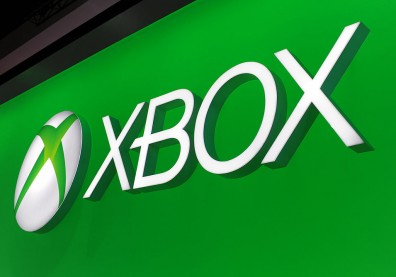Orwell wrote about the omnipresent Big Brother, always watching, always listening. A terrifying concept, as even the smallest and most miniscule of transgressions, even thought, no longer had any place to hide, and were punishable with extreme force. Fast forward from this fictional past to our own present. When one of the biggest corporations on the planet mentioned that it would be including a similar peripheral with the Xbox One in the Kinect 2, people were a little paranoid, but still on board. Then Edward Snowden changed the whole way we as Americans looked at our government.
When Microsoft formally unveiled the Xbox One console this past May, gamers watched with a wary eye. Not for any sort of security or policy reason that would eventually make selling the audience on the console a nightmare for Microsoft, but because it seemed like the company was more focused on having gamers use it to watch TV instead of play games. Over the next few days, slowly but surely, less than favorable details trickled out from the PC giant that, among other things, the console was going to require a constant online connection, a very odd policy on selling, trading, and sharing used games, and would ship with an ever ready, always listening and watching Kinect.
Unless you've been living under a rock for the last few weeks, you'd know it was around this time that former CIA employee and NSA contractor Edward Snowden leaked a number of documents to various press outlets, that we are indeed being watched. It's the sort of thing we all suspected, but the leak confirmed it, finally bringing it to light. Of the many programs used to obtain information, one of them was called PRISM, and a number of the biggest companies in the world were feeding information directly into it, including Microsoft.
Once the public knew that Microsoft had been snagging information from countless Skype, Outlook, and SkyDrive users for several years, it was then even some of the most ardent supporters of Micrsoft's console did a complete about face, and got really paranoid about the new Kinect, and the arrival of Watch_Dogs the very definition of ironic. Never mind that the government likely doesn't care to see you flopping around to Just Dance in your tightie whities, the idea that something is watching you at all times, and you can't turn it off, is just...creepy.
Microsoft has been doing damage control almost since the words "Xbox One" came tumbling out of Don Mattrick's mouth. After changing policies for used games and no longer requiring an online connection, their latest SNAFU to address just what Microsoft does as far as information gathering for the government.
General counsel for the Cupertino giant, Brad Smith, is trying his best to swing the public back in Microsoft's favor. The latest attempt is a blog post penned by Smith to dismiss fears about Microsoft as a whole. The post addresses a number of the company's own programs, and how Microsoft does its best to provide the government with information when needed, but keep customers' privacy intact whenever possible.
Now, before you go scanning through it for some sort of major revelation on the Xbox One, let me just tell you right here and now, the console isn't mentioned a single time. The closest Smith gets to it is when he touches on Skype, writing, "As with other services, we only respond to legal government demands, and we only comply with orders for requests about specific accounts or identifiers...Looking forward, as Internet-based voice and video communications increase, it is clear that governments will have an interest in using (or establishing) legal powers to secure access to this kind of content to investigate crimes or tackle terrorism. We therefore assume that all calls, whether over the Internet or by fixed line or mobile phone, will offer similar levels of privacy and security. Even in these circumstances Microsoft remains committed to responding only to valid legal demands for specific user account information. We will not provide governments with direct or unfettered access to customer data or encryption keys."
Obviously, it's still understandable to be wary. After all, why would a company be upfront and admit taking part in gathering "intelligence?" But realistically, until it's determined that the U.S. was only able to carry out a drone strike on Ayman al-Zawahiri because they heard him spawn killing in Battlefield 4 (he strikes me as more of a Call of Duty guy though), I wouldn't worry about the Xbox One being a "SpyBox" in disguise.










